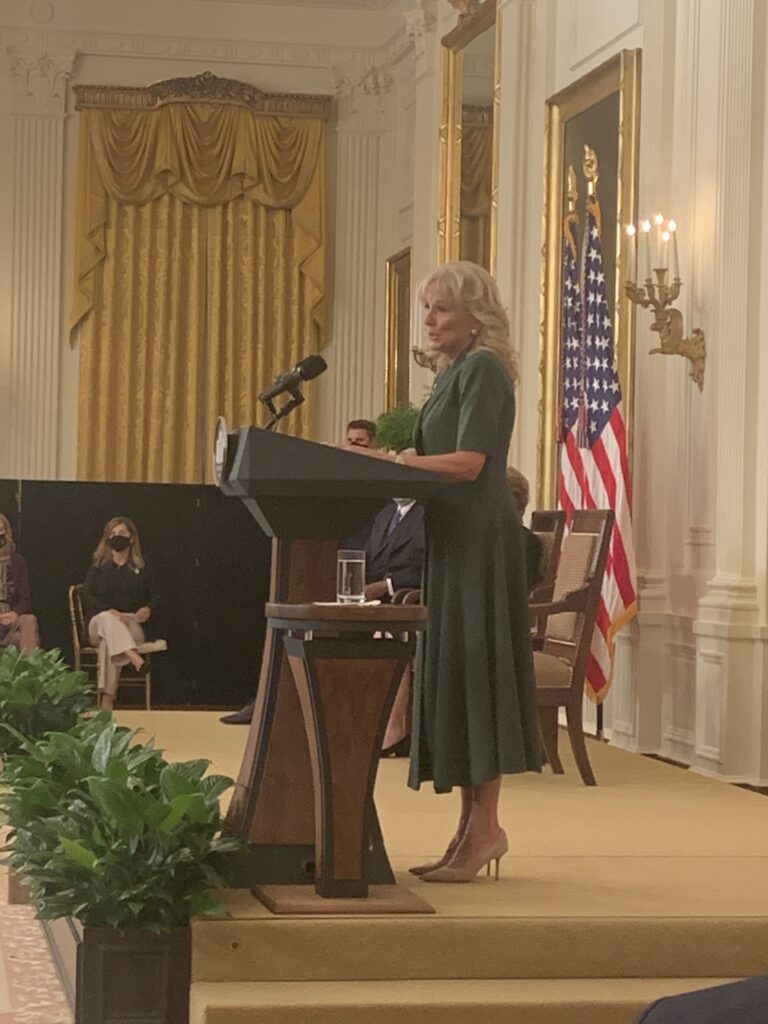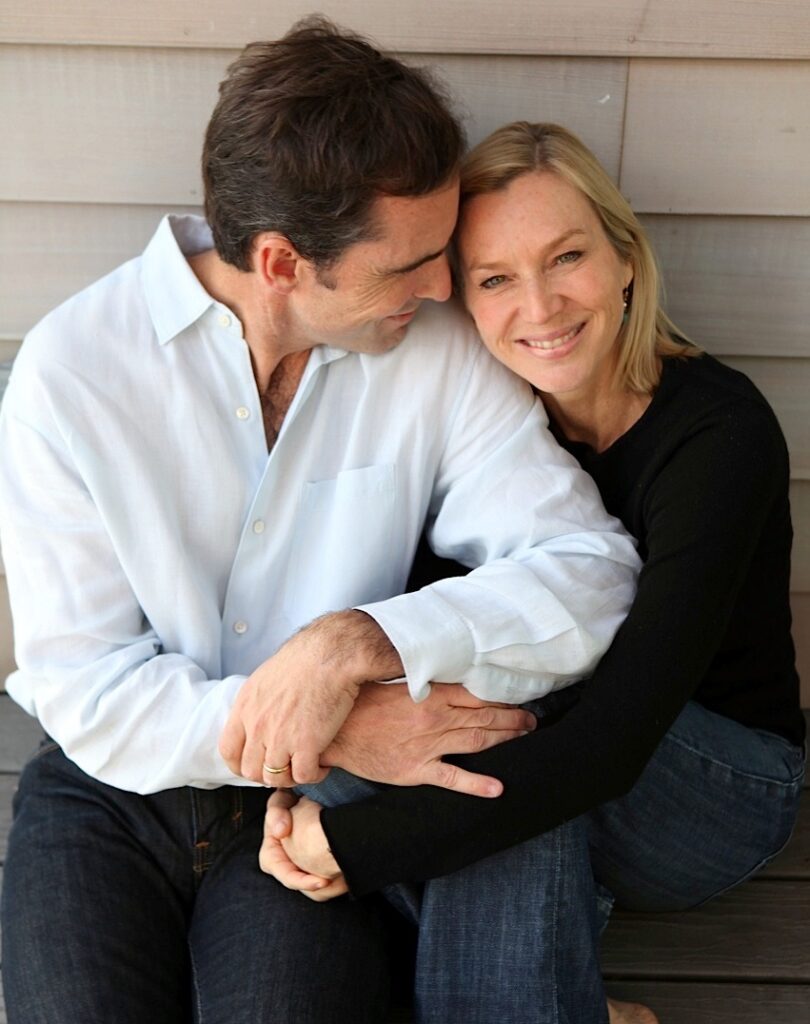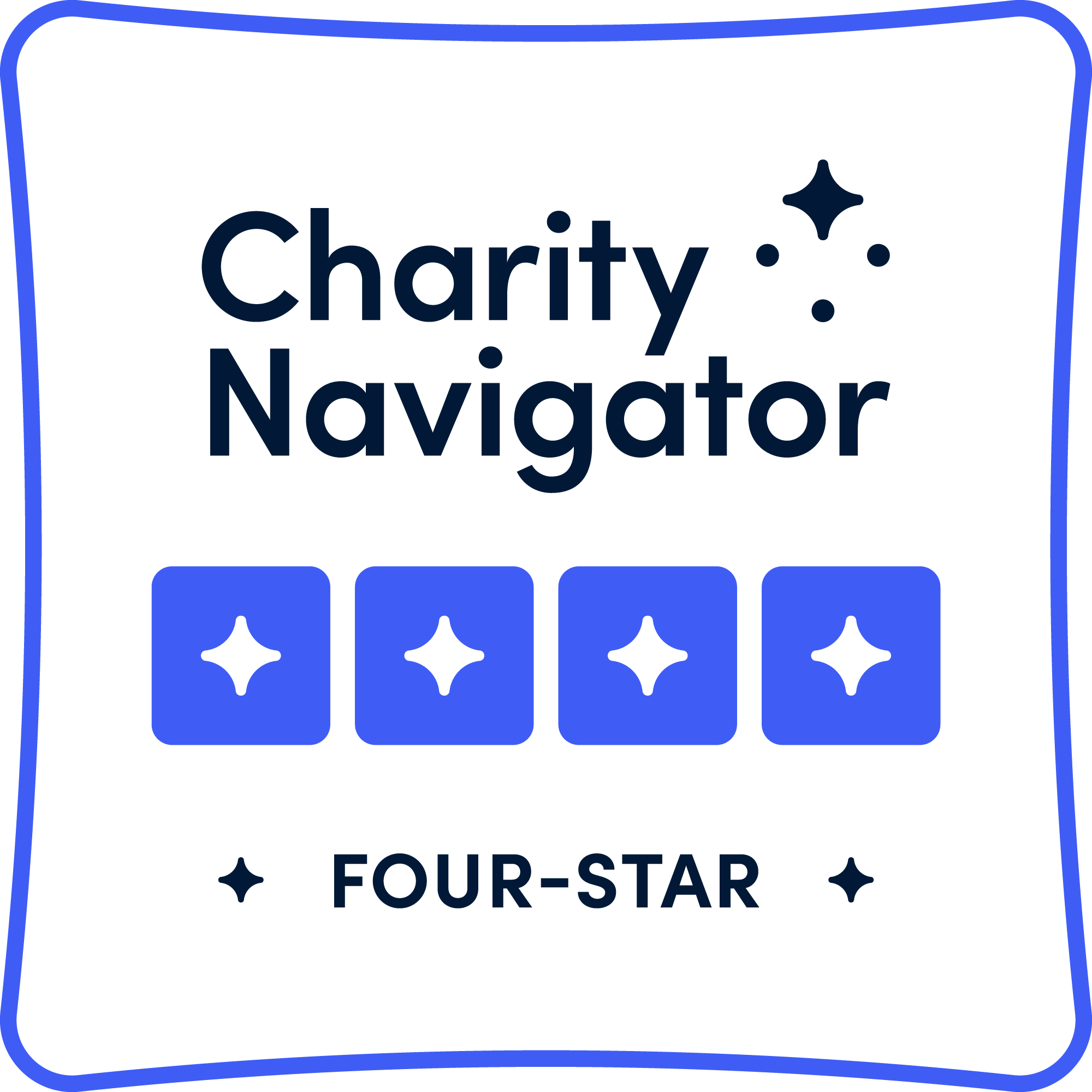The Unseen Sacrifices of Military Caregivers
Taking on the role of caregiver is often something that happens, to borrow a phrase from Lee Woodruff, “in an instant.” Often partners, spouses, parents, and children are thrown into this role which can take an emotional and financial toll, and other unforseen life adjustments for any household. Many caregivers feel like they have a lack of support, which can feel isolating.
November is National Family Caregiver’s Month, a time to recognize the family members who care for their loved ones. We acknowledge their sacrifices to be a caregiver. The Bob Woodruff Foundation is a proud member of the Hidden Helpers Coalition a program of the Elizabeth Dole Foundation (EDF), supporting efforts to uplift caregivers, especially children in military caregiver families, and conduct research to find out which supportive services can be made available to them.
Launching an Enterprise for Military Families
In response to the needs identified in their research, EDF and Wounded Warrior Project launched the Hidden Helpers Coalition. Hidden Helpers is named for the children who live with or care for wounded, injured, or ill service members or veterans. Based on data, there is estimated to be 2.3 million “Hidden Helpers” who go unrecognized or unsupported. The Coalition unites stakeholders across the public and private service sectors families under the shared goal of meeting the needs of children in military caregiving families across the country.

The Hidden Helpers Coalition gained national attention with its launch event at the White House in November 2021, in collaboration with Joining Forces and First Lady Dr. Jill Biden.
The HHC focuses on addressing the distinctive needs of caregivers through extensive research. Experts then devise reports for solutions to promote positive mental development of children from military and veteran caregiver homes. The foundation also offers sources such as webinars covering crucial topics like youth caregiver research and trauma-informed care.
Understanding the Needs
Caregivers confront diverse and multifaceted challenges, including the struggle to comprehend the changing needs of those they care for with injuries or illnesses. Additionally, some of the most pressing concerns for caregivers are accessing affordable child care, better transportation options, and support in navigating federal benefits. With these challenges in mind, the Elizabeth Dole Foundation aims to provide comprehensive assistance to caregivers.
One often overlooked aspect of military caregiving is its impact on children in these families. A 2021 research report, published by the Elizabeth Dole Foundation in collaboration with the Wounded Warrior Project and Mathematica highlighted the effects from the challenges of caregiving children face are isolation, lack of socialization with peers, difficulty expressing emotions, learning difficulties, and health problems like stress and fatigue. The report also emphasized the importance of supporting the mental health needs of military-connected children by providing age-appropriate resources in therapy, developmental opportunities, and peer support.
Unveiling the Realities of Caregiving
Lee Woodruff, co-founder of the Bob Woodruff Foundation, understands firsthand the challenges of being a caregiver. After her husband, Bob Woodruff suffered a traumatic brain injury in Iraq in 2006, Lee became his primary caregiver. She’s shares her perspective in books, columns, and interviews over the years, acknowledging the profound impact on her family, especially her children. Lee has spoken about the importance of familial support and how her children played a vital role in Bob’s recovery. “The other unanticipated gift was the chance to watch my own children step in and step up as adults. Whatever else life might throw at all of us down the road, I felt immense relief in knowing we would handle it together.”
In an interview from NPR in 2009, Lee discussed her role as a caregiver saying that there is so much pressure on having the role of a wife and mother and then taking on the role of caregiver. Lee’s candid reflections provide a window into the demanding role. She highlights the “halo effect” of becoming a caregiver, describing the initial shock and rearrangement of life.

Acknowledging the weight on their shoulders, Lee speaks to the fear, emotions, and challenges faced by families dealing with the aftermath of a traumatic event. Which is why the EDF continues to raise public awareness for the families of veteran caregivers and continues research to better understand what the children need to be mentally supported as a child caregiver. Lee emphasizes that, “we need to give the caregiver permission to get help for him or herself, whether it’s medication or talk therapy.”
The Elizabeth Dole Foundation’s Hidden Helpers Coalition will continue in their efforts to find the most affective support methods. Their mission exemplifies a collective effort to address the many needs of military caregivers. By recognizing military and veteran caregivers’ sacrifices and finding solutions to make their lives easier, they ensure that the whole family can heal.









